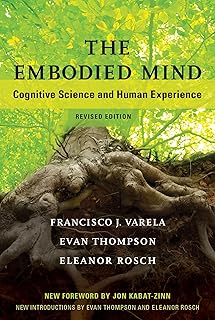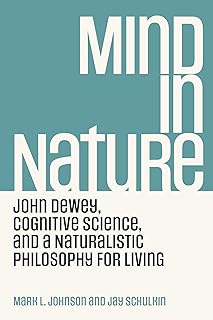Daniel Dennett, a prominent philosopher and scientific naturalist, challenged mystical interpretations of consciousness. He viewed consciousness not as a miracle but as a product of evolved cognitive mechanisms, dismissing the notion of a “hard problem of consciousness.” Dennett’s ideas served as a link between evolutionary psychology and modern neuroscience.
Having studied under Gilbert Ryle, Dennett rejected the concept of a separate, unexplainable essence to consciousness. Instead, he proposed that consciousness emerged from earlier cognitive processes in our evolutionary history. According to Dennett, consciousness developed from basic causal instincts, evolving into a form of intentionality and eventually into consciousness itself.
Throughout his career, Dennett aimed to demystify consciousness, likening it to a magic trick rather than a supernatural phenomenon. He believed that understanding consciousness as a set of cognitive tricks could lead to significant advancements in research and exploration, contrary to the view that it undermined human dignity or specialness.
One of Dennett’s key arguments was that a mechanistic theory of consciousness does not negate free will or the meaning of life. He asserted that humans possess a unique form of free will rooted in our ability to represent reasons to ourselves and others. This cognitive competence, distinct from other species, enables humans to anticipate consequences, share wisdom, and act responsibly.
Dennett’s perspective on consciousness challenged traditional beliefs about free will and responsibility. He emphasized that the ability to respond to challenges based on conscious reasons distinguishes humans from other species. This cognitive capacity, developed over billions of years of evolution, empowers humans with a level of freedom and responsibility unmatched in the natural world.
Despite the controversy surrounding his ideas, Dennett’s work continues to inspire critical thinking and philosophical discourse. His insights into consciousness, free will, and responsibility offer a unique perspective that bridges evolutionary biology, neuroscience, and philosophy.
In conclusion, Daniel Dennett’s exploration of consciousness as a product of cognitive mechanisms rather than a mystical phenomenon sheds light on the complexity of human experience. By viewing consciousness as a set of evolved tricks, Dennett challenges conventional beliefs and opens new avenues for understanding the nature of the mind.
📰 Related Articles
- Unraveling the Haunting Ghost Story of Daniel Boone National Forest
- Uada Unveils ‘Djinn’ Title Track, Embracing Mystical Themes
- US Plant-Based Protein Market Thrives Amid Health Consciousness
- SEO Expert Greg Boser Debunks AI Search Myths
- Palmetto Superfoods Expands with New Mountain View Location






